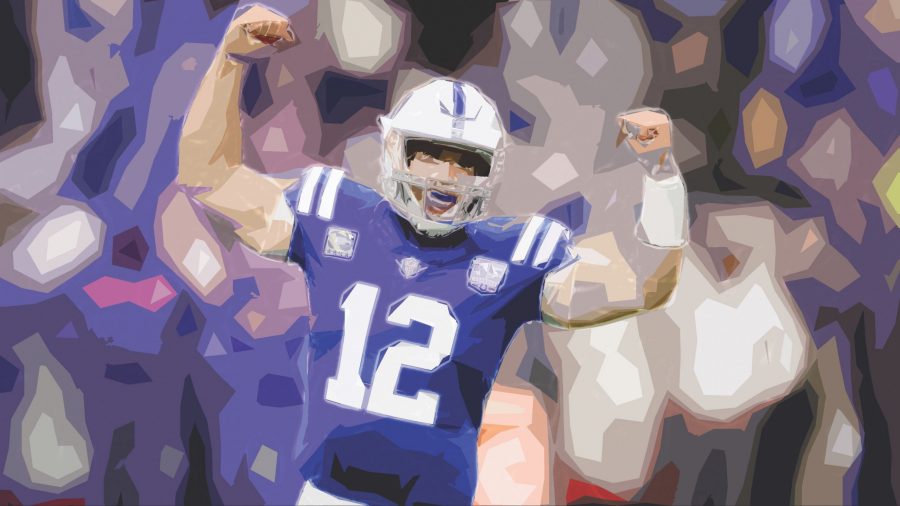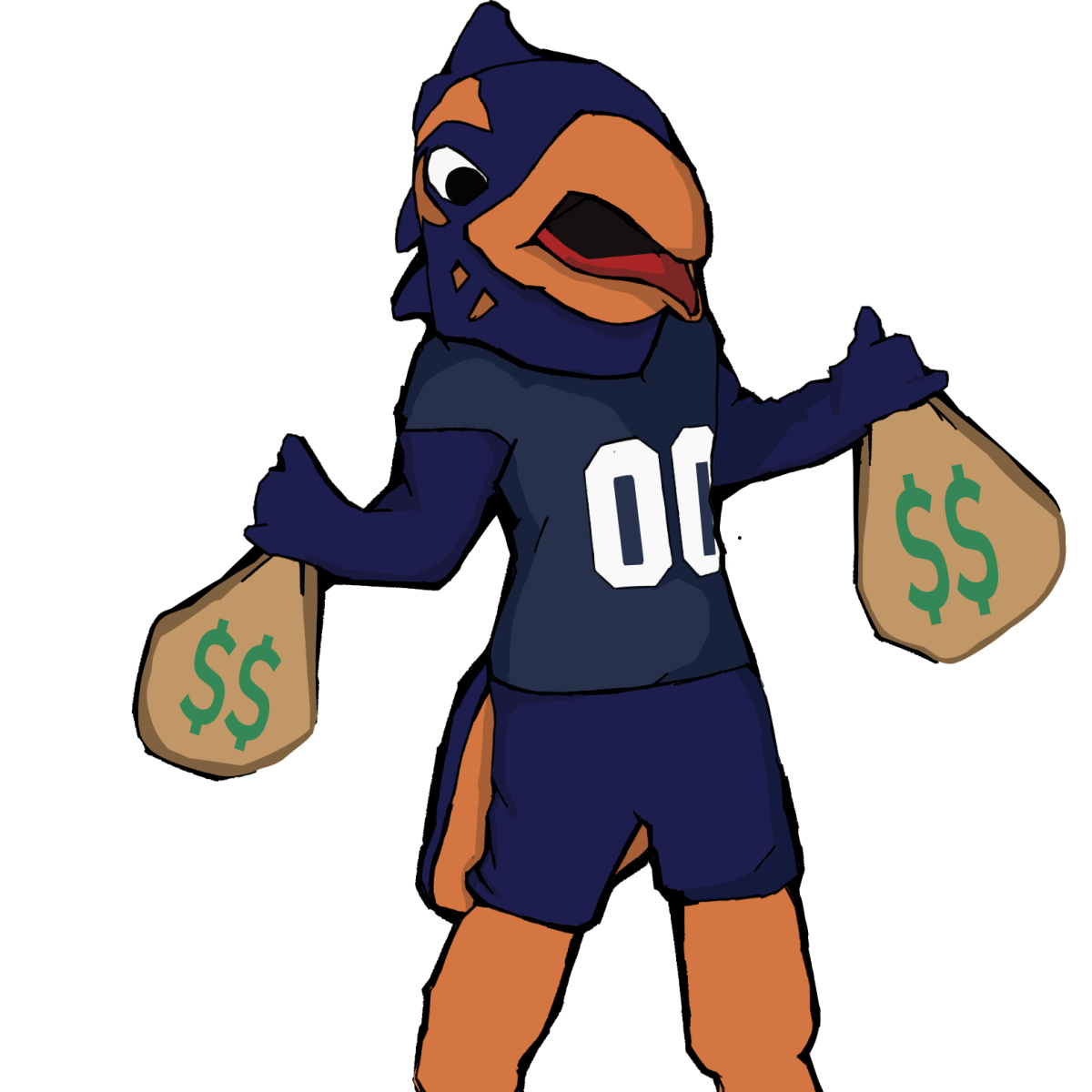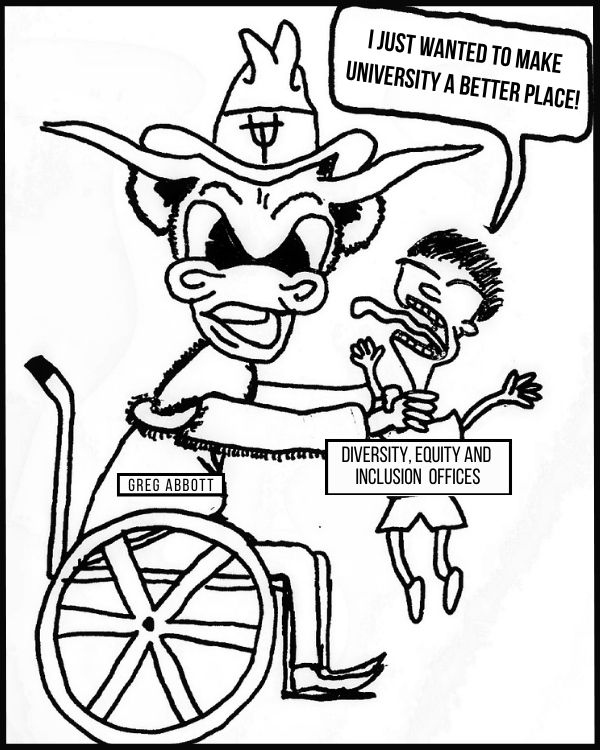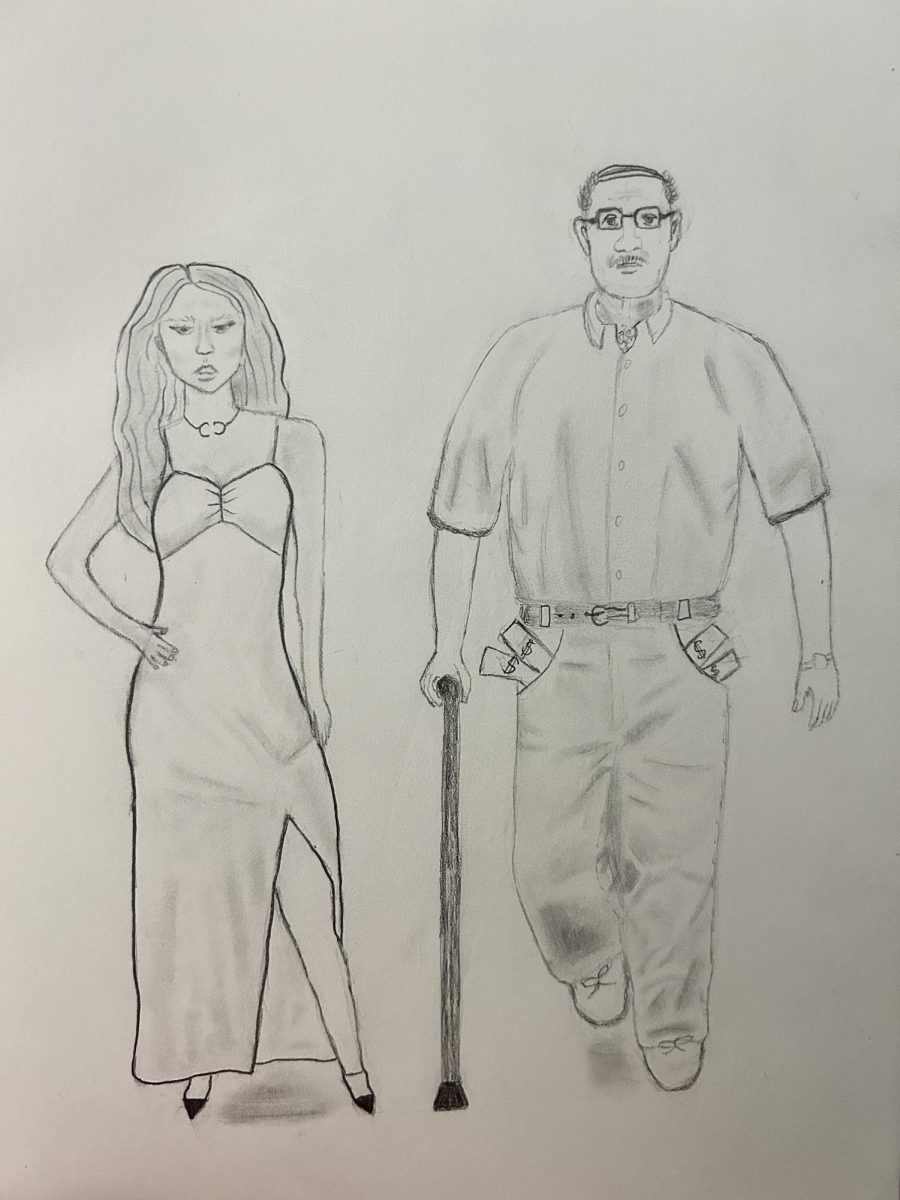Imagine fighting to get to the top of your career field, and suddenly calling it quits once you get there. That’s what Indianapolis Colts quarterback and 2012 #1 overall draft pick Andrew Luck announced last week when he retired from the NFL at age 29, an age that is known for being a period of peak performance in an NFL quarterback’s career.
Luck is a testament to the old saying ‘be more than just football.’ Football instills values of resilience and doing everything you can to ensure that you are the best version of yourself. But a lot of times, this philosophy fails to consider that the best version of a football player might be one who is not playing football at all.
The news came as a shock considering Luck would be giving up $58.1 million dollars on the rest of his contract extension. What many avid football fans fail to consider is the myriad of diverse and cataclysmic injuries that have damaged Luck’s body, arguably beyond repair.
Being an NFL franchise quarterback can be a painful and strenuous occupation, and scientific innovations are showing reductions in brain functionality of NFL quarterbacks post-retirement. So aside from Luck’s torn labrum, ankle and calf, Luck also rationally considered the ramifications of another decade of helmet-to-helmet contact if he were to finish his career at the age of 40 like some of his contemporaries.
Critics took their harsh feelings about his retirement to the media calling him a coward for retiring a little over a week before the NFL season begins, leaving the Colts without someone adequate enough to fill his slot on the depth chart.
However, I couldn’t disagree more with the critics. Luck’s retirement should serve as a model for current and future NFL players: Don’t compromise your mind, body and spirit for a career that isn’t fulfilling anymore.
This is a lesson that could apply to students and athletes alike. When the negatives of something you love begin to outweigh the positives, be versatile enough to pursue a different direction. Andrew Luck played for and graduated from the prestigious Stanford University where he played on a full scholarship. At 29, Luck still has the time and money to utilize his architectural design degree from Stanford.
It is critical in our lives to know when to stop. In most cases, athletes wait for injuries to plague their career until they are unhireable by teams. It takes a certain sense of courage to quit in your prime.
Sure, Luck will be giving up an estimated $450 million dollars by leaving football. But you can’t put a price on one’s health and that is the most important parameter to consider when making decisions about your future.



















